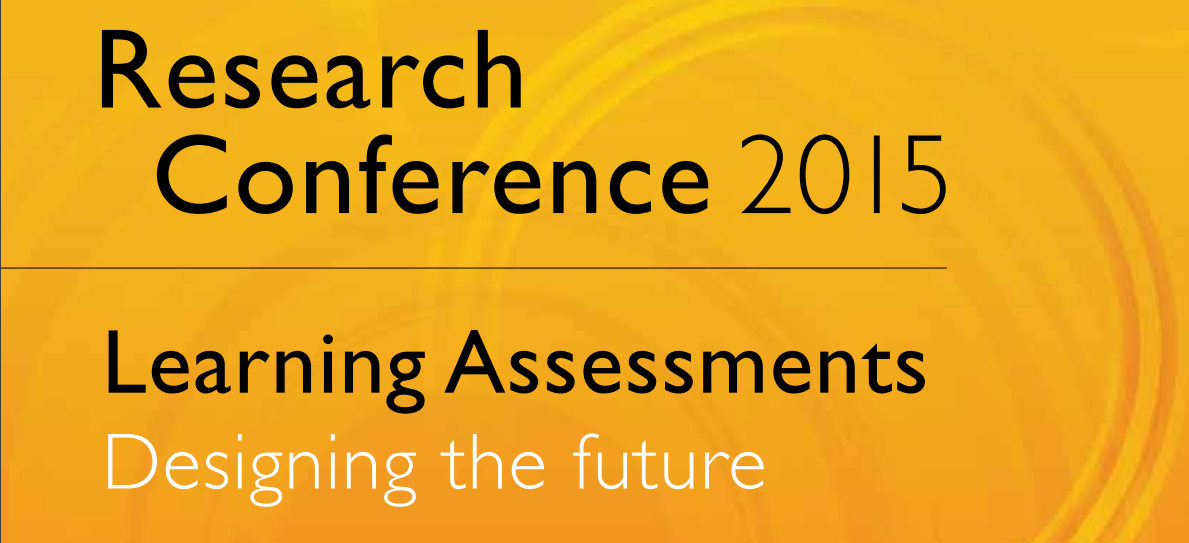
Tuesday 18 August 2015
Start Date
18-8-2015 9:00 AM
End Date
18-8-2015 10:15 AM
Subjects
Physics, Science teaching, Secondary education, Computer games, Computer simulation, Evaluation methods, Teaching innovations, Instructional development, Digital technology, Student assessment
Abstract
Games can be powerful vehicles to support learning, but their success in education hinges on getting the assessment part right. In this presentation, I will explore how games can use stealth assessment to measure and support the learning of competencies critical for the future. I will discuss what stealth assessment is, why it is important, and how to develop and accomplish it. I will also provide examples within the context of a game called Physics Playground that I designed and developed with my team. I’ll share what has been learned by recent research on stealth assessments in games, including: Does stealth assessment provide valid and reliable estimates of students’ developing competencies, including qualitative understanding of physics, persistence, and creativity? Can students actually learn anything as a function of gameplay? Are games designed with stealth assessment capabilities still fun?
Recommended Citation
Shute, V. (2015, August 18). Stealth assessment in video games [Paper presentation]. Research Conference 2015 - Learning assessments: Designing the future. https://research.acer.edu.au/research_conference/RC2015/18august/1
Copyright Statement
Copyright 2015 Australian Council for Educational Research
Place of Publication
Melbourne
Publisher
Australian Council for Educational Research (ACER)
ISBN
9781742862873
Geographic Subject
United States
Included in
Educational Assessment, Evaluation, and Research Commons, Instructional Media Design Commons, Online and Distance Education Commons, Physics Commons, Science and Mathematics Education Commons
Stealth assessment in video games
Games can be powerful vehicles to support learning, but their success in education hinges on getting the assessment part right. In this presentation, I will explore how games can use stealth assessment to measure and support the learning of competencies critical for the future. I will discuss what stealth assessment is, why it is important, and how to develop and accomplish it. I will also provide examples within the context of a game called Physics Playground that I designed and developed with my team. I’ll share what has been learned by recent research on stealth assessments in games, including: Does stealth assessment provide valid and reliable estimates of students’ developing competencies, including qualitative understanding of physics, persistence, and creativity? Can students actually learn anything as a function of gameplay? Are games designed with stealth assessment capabilities still fun?

